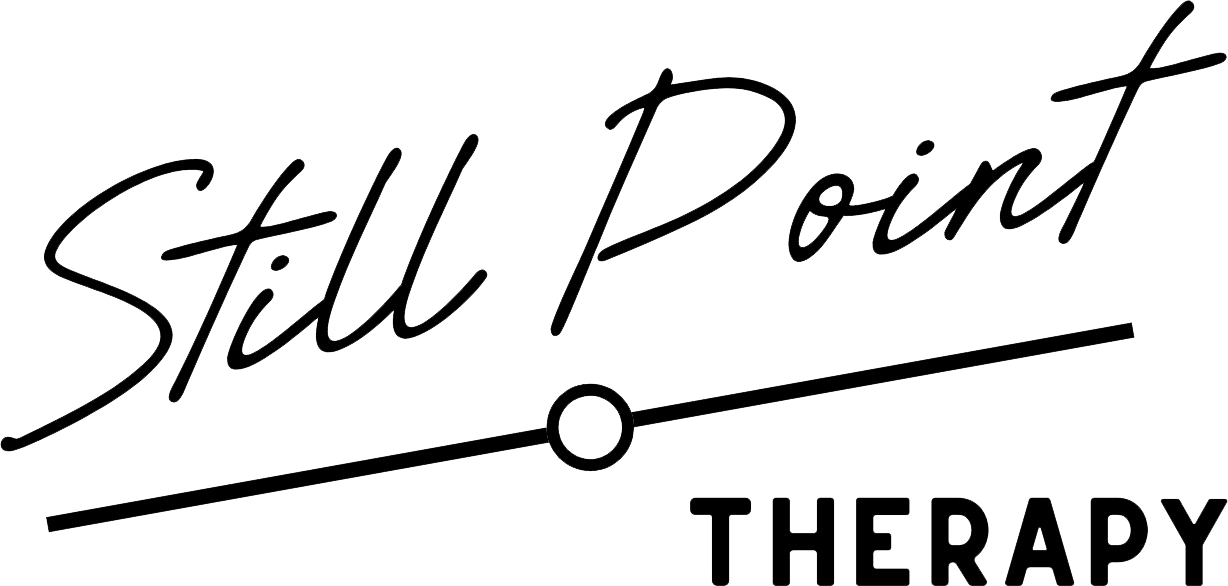Unravel the Effects of Trauma, Rebuild Trust, and
Cultivate Meaningful Connections
Trauma is no joke — it’s a gut-wrenching experience that can turn your world upside down. Whether it’s from abuse, accidents, natural disasters, or the sudden loss of someone you love, trauma leaves its mark, sparking feelings of fear, helplessness, and anxiety. On a psychological level, it can turn your inner landscape into a chaotic battleground, resulting in hypervigilance, trust issues, and those pesky intrusive memories that just won’t quit. It’s enough to make you feel like your sense of safety is a distant memory.

Trauma’s Impact on Relationships
Trust Issues and Emotional Distance
When it comes to trusting others, trauma — especially interpersonal trauma — can feel like an uphill battle. You might find yourself always bracing for the next emotional blow, creating distance and control issues in your relationships. It’s like wearing armor, but who wants to walk through life like that? Trauma can also throw your nervous system into overdrive, leading to emotional roller coasters that leave you feeling drained. One moment you’re riding high, and the next, you’re crashing down. Everyday stressors can start to feel like insurmountable obstacles, and you’re just trying to find your footing.
Hypervigilance and Nervous System Overload
Living in a post-trauma world often means being on constant alert, even when you’re in a safe space. It’s that feeling of being wired, always looking over your shoulder. This hyper-alertness can warp your perception of reality, making it tough to relax and connect with others. Trauma doesn’t just mess with your mind—it shapes the way you connect with the people around you. You might oscillate between clinging to your partner and pushing them away, creating instability that complicates intimacy. When it comes to boundaries, trauma can lead to confusion. Some may build walls to protect themselves, while others struggle to speak up for their needs, leading to burnout and frustration.
Boundary Confusion
Trauma can throw a wrench into effective communication, too. You might avoid conflict like it’s the plague, burying your feelings until resentment bubbles up. This avoidance can create emotional chasms that deepen over time. For many trauma survivors, even the most benign actions can be misinterpreted as threats. A partner’s kind gesture might feel insincere, triggering unnecessary conflicts that strain the connection.
How Trauma Affects Communication and Intimacy
“Even in nurturing relationships, trust can be a steep hill to climb.”
When trauma rears its ugly head, it often throws a massive wrench in emotional and physical intimacy. Fear of vulnerability keeps you at arm’s length, avoiding deep emotional connections like the plague. Trauma can create an uncomfortable relationship with physical touch. You might find intimacy daunting or even anxiety-inducing, leading to feelings of inadequacy and frustration within relationships. Even in nurturing relationships, trust can be a steep hill to climb. You might misread your partner’s intentions or find yourself constantly seeking reassurance, creating a cycle of tension and imbalance.
Healing from Trauma and Building Healthier Connections

Here’s the good news: healing from trauma is not just a possibility; it’s a path worth walking. Understanding how trauma shapes your relationships is the first step toward forging healthier connections. Recognizing your patterns and triggers can empower you to take charge of your emotional responses. The more you know yourself, the better you can advocate for your needs and foster healthier relationships. Don’t underestimate the power of therapy. It’s a safe space to explore trauma’s impact and pick up tools to process your emotions, sharpen your communication skills, and tackle those tough conversations head-on.
Practical Skills for Healthier Relationships
Mindfulness & Art Therapy
Cultivate emotional bonds and promote healing.
Active Listening
Deepen your connection and reduce misunderstandings.
Assertive Communication
Express needs clearly to foster mutual respect.
Reach Out for Support
Trauma can leave a profound imprint on your relationships, but it doesn’t have to define them. By cultivating self-awareness, seeking therapeutic support, and mastering effective communication strategies, you can rebuild trust and intimacy, creating healthier connections. If trauma is getting in the way of your relationships, it’s crucial to reach out for support. Whether through professional therapy or community resources, asking for help is a brave step on your journey to healing. Remember, you’re not alone in this — there’s hope for growth and connection beyond trauma. With time, patience, and commitment, your relationships can evolve into spaces of safety, understanding, and profound emotional intimacy. Embrace this healing journey, and you’ll find the fulfilling connections you deserve, honoring your resilience and capacity for growth.

